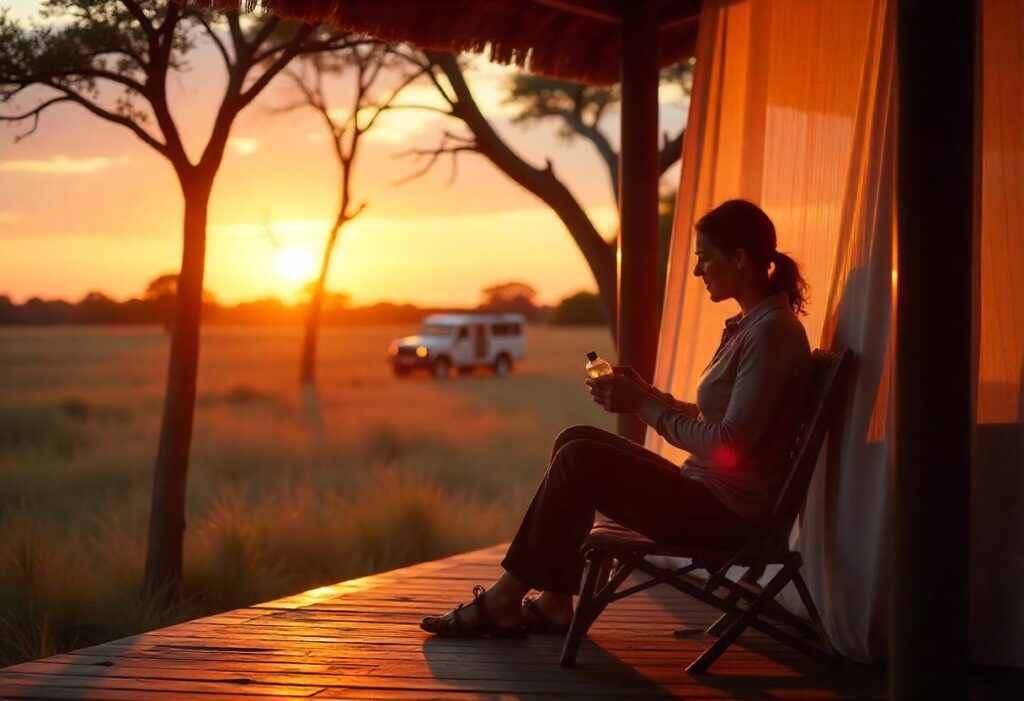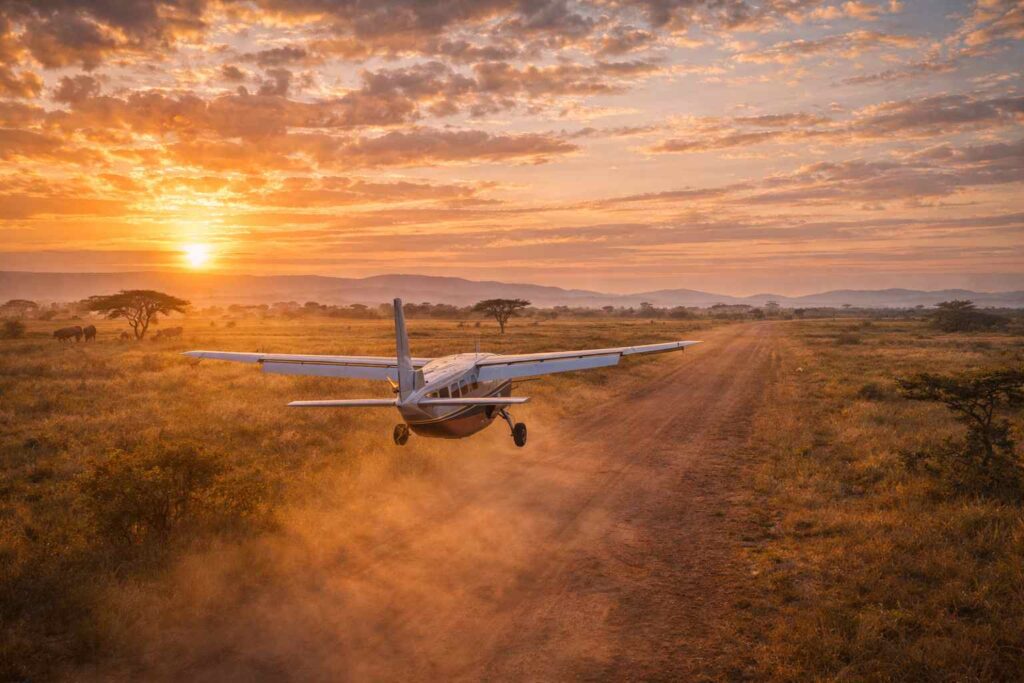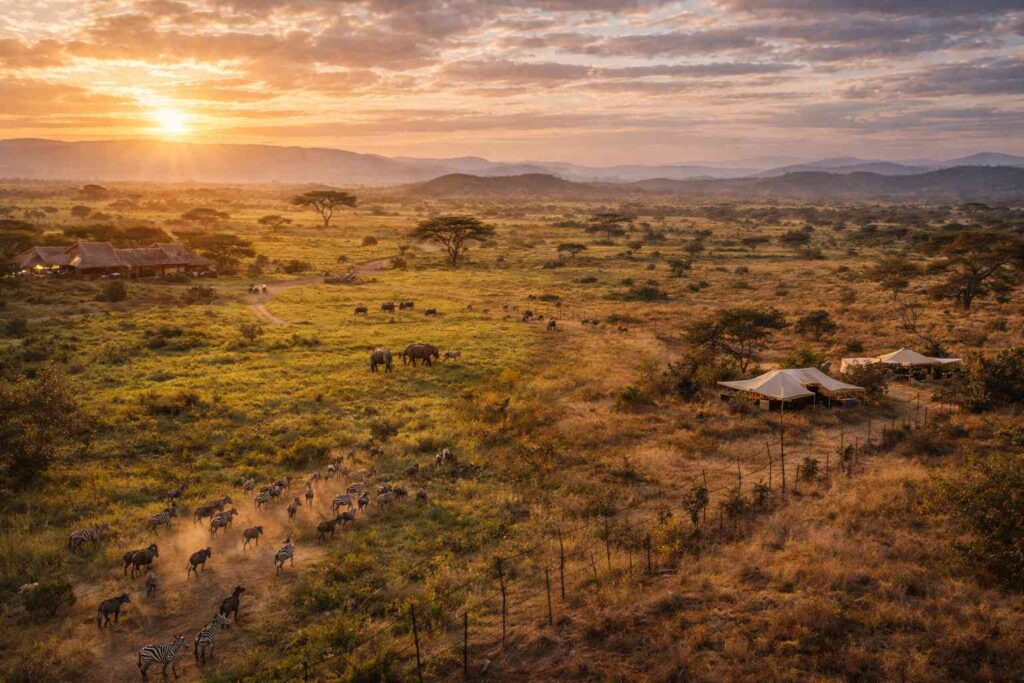Planning a safari in South Africa’s most iconic reserve? One of the most common concerns among travelers is the risk of malaria in Kruger National Park. While the chances of contracting malaria are relatively low, it’s important to understand the risks and take the right precautions before your visit.
Is malaria present in Kruger National Park?
Yes, Kruger National Park is considered a low-risk malaria area, particularly during the rainy season (from October to May). While the risk is lower than in many other parts of Africa, it’s not zero.
The southern and central areas of the park—where most tourists go—have fewer reported cases, but the presence of mosquitoes that carry malaria (the Anopheles mosquito) means precautions are still recommended year-round.
When is the malaria risk highest?
The wet summer months, especially from November to April, present the highest risk. Warm temperatures and increased humidity create ideal breeding conditions for mosquitoes.
If you’re traveling during this time, it’s strongly advised to consult a travel health professional and consider malaria prophylaxis (preventative medication).
What prevention measures should you take?
💊 Medication (malaria prophylaxis)
- Common options include Malarone (atovaquone/proguanil), Doxycycline, or mefloquine.
- These must be prescribed by a doctor and taken before, during, and after your trip.
🧴 Mosquito protection
- Use a high-quality DEET-based repellent on exposed skin.
- Sleep under a mosquito net in open-air or tented camps.
- Wear long-sleeved shirts and long trousers at dusk and dawn.
- Choose accommodations with screens and air conditioning, when possible.
Do you need any vaccines before visiting Kruger?
There is no malaria vaccine currently available to the general public, although several are in development.
However, it’s a good idea to ensure you’re up to date on:
- Tetanus
- Hepatitis A and B
- Typhoid
- Rabies (for long stays or rural travel)
Consult a travel clinic at least 4–6 weeks before your departure.
Can you avoid malaria risk entirely?
If you’re traveling with young children, older adults, or pregnant travelers and want to avoid any malaria risk, you may consider malaria-free safari destinations in South Africa such as:
- Madikwe Game Reserve
- Eastern Cape reserves
- Waterberg Biosphere
That said, with proper precautions, Kruger remains a safe option for most travelers.
Final tips for staying healthy on safari
- Stay hydrated and avoid standing water, which attracts mosquitoes.
- Schedule game drives during cooler times of day, when mosquitoes are less active.
- If you develop flu-like symptoms (fever, chills, body aches) up to one month after your trip, seek medical help immediately and mention your travel history.
FAQs about Malaria in Kruger National Park
Most travel clinics recommend taking antimalarial medication, especially if you’re visiting between November and April. Consult your doctor before travel.
No, Kruger is a low-risk malaria zone, but not malaria-free. There’s still a chance of exposure, particularly during the rainy season.
Yes, certain antimalarials are safe for children, but the dosage and type must be prescribed by a pediatric travel doctor.
Most lodges and camps in Kruger offer mosquito nets or have air-conditioned rooms with proper screening to reduce exposure.
If you experience fever or flu-like symptoms within a month of returning home, consult a doctor immediately and mention your visit to a malaria-endemic area.






